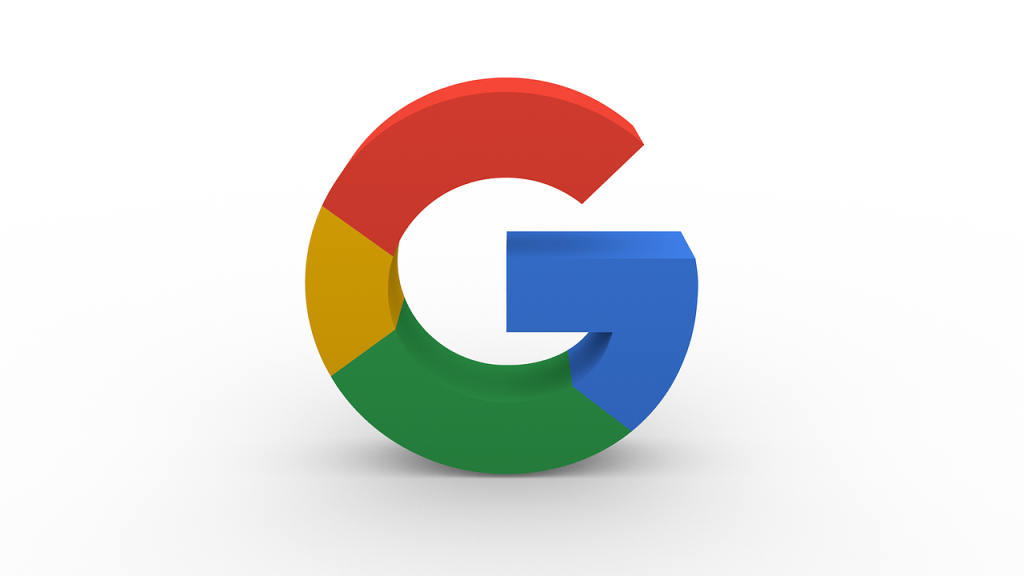The Google antitrust case has reached a critical stage as a federal judge in Washington considers less aggressive remedies to address the company’s dominance in online search and advertising. Judge Amit Mehta, presiding over the trial, discussed the case’s complexities during closing arguments on May 30, noting the fast-paced evolution of the tech industry.
“Ten years may seem like a short period, but in this space, a lot can change in weeks,” Judge Mehta observed, referencing recent developments like OpenAI’s acquisition of a device startup. The Department of Justice (DOJ) and state attorneys general have urged measures such as compelling Google to share search data and halting its substantial payments to companies like Apple to secure its position as the default search engine on new devices.
Judge Explores Targeted Remedies
At the hearing, Judge Mehta floated the possibility of implementing limited data-sharing requirements and restricting payments only if broader efforts fail to enhance competition. He expressed concerns about the impact of artificial intelligence (AI) on traditional search engines, which adds complexity to defining fair competition.
“An alternate default search engine for Apple’s Safari browser isn’t likely to come from existing players like DuckDuckGo or Bing,” the judge stated. “If anything, it might emerge from AI-driven companies that can go beyond traditional search. People may no longer want ‘10 blue links’ anymore.” This reference highlights the shift in consumer preferences and the growing role of AI in shaping search experiences.
Apple’s AI Search Ambitions Exposed
The trial has already impacted Google’s stock price, as it revealed Apple’s plans to explore AI-based search solutions. While Google’s existing agreements with companies like Apple remain a key focus, the emergence of AI as a potential disruptor has taken center stage in court discussions.
AI Companies and Data Access
Antitrust enforcers have expressed concerns about how Google’s monopoly in search provides it with an advantage in AI innovation, particularly with projects like its Gemini AI platform. OpenAI’s product head for ChatGPT, Nick Turley, testified that while ChatGPT aims to eventually address 80% of user queries using proprietary search technology, the platform is still years away from this goal. Turley also mentioned that access to Google’s search data could accelerate ChatGPT’s development.
Turley’s testimony revealed OpenAI’s interest in acquiring Chrome should Google be required to divest it. However, Judge Mehta questioned whether companies like OpenAI and Perplexity, which leverage AI for broader functionalities, should qualify as competitors to traditional search engines in this case.
“It seems to me you’re attempting to broaden the definition of general search engine markets to include other technologies that might not quite fit,” Judge Mehta remarked. DOJ attorney Adam Severt responded by emphasizing the need for forward-looking remedies that anticipate technological shifts.
Google’s Defense Against AI Competition Claims
Google’s attorney, John Schmidtlein, argued that generative AI is already reshaping the search landscape and dismissed claims that Google’s practices stifle competition. He highlighted Google’s recent decision to cease exclusive agreements with wireless carriers and smartphone manufacturers, such as Samsung, allowing rival apps to gain traction on new devices.
“Asking Google to share technology it has spent 20 years perfecting with successful AI companies like OpenAI is disproportionate and unrelated to the case,” Schmidtlein stated. He maintained that the antitrust remedies should focus on ensuring fair competition without penalizing Google for its innovations.
Balancing Competition and Innovation
Judge Mehta’s considerations reflect the challenge of balancing the need for increased competition with the rapid evolution of AI and search technologies. The case’s outcome could redefine market dynamics, particularly in the intersection of search and AI development. Mehta aims to deliver a ruling by August, which could set a precedent for regulating tech monopolies in the age of AI.
Implications for the Future of Search
The trial has underscored the transformative role of AI in search and the broader tech industry. With companies like OpenAI exploring innovative approaches to user queries, the case highlights the tension between fostering innovation and curbing monopolistic practices. Whether through limited data sharing, changes to payment structures, or other measures, the decision will shape the competitive landscape of search and AI for years to come.
